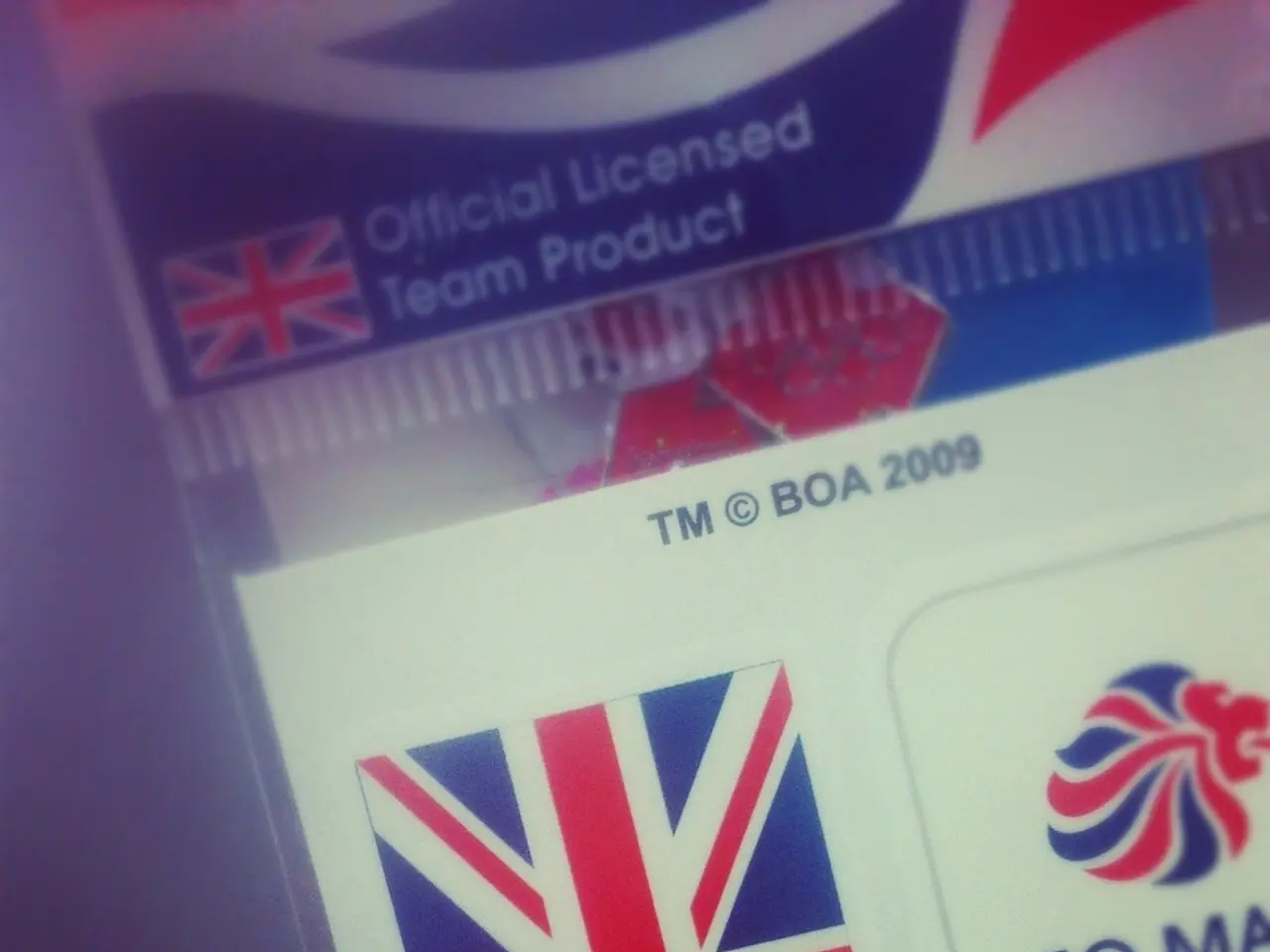Information to be shared:
Liechtenstein Transitions to Enhanced Passport Security with SAC
Liechtenstein has taken a significant step towards improving the security and privacy of its electronic passports by transitioning from Basic Access Control (BAC) to Supplemental Access Control (SAC). This change, which was completed in August 2014, offers Liechtenstein's citizens the most modern passports in the world.
The implementation of SAC in Liechtenstein's passports provides a more robust and secure system for accessing the chip data, compared to the BAC system. SAC enhances the authentication mechanisms between the passport and reading devices, ensuring that only authorized readers can access sensitive personal and biometric data.
One of the key improvements of SAC over BAC is enhanced cryptographic security. SAC uses improved encryption algorithms to prevent unauthorized access and eavesdropping during the passport chip reading process, whereas BAC relies on weaker cryptographic methods prone to certain attacks.
SAC also offers better protection against cloning and skimming. It mitigates risks of cloning or illicit reading of the chip’s data at a distance, thereby securing against identity theft and fraudulent document use.
In addition, SAC improves mutual authentication. It requires both the passport and the reader to authenticate each other more securely before data exchange, reducing the risk of rogue readers extracting information.
Moreover, SAC is future-proofed against evolving security threats. It implements updated security protocols aligned with newer International Civil Aviation Organization (ICAO) standards, whereas BAC is an older legacy system now considered insufficient against modern attacks.
Liechtenstein, which is not a member of the European Union, decided to offer its citizens the security standard mandatory in the EU from the end of 2014 already. The country's citizens can now access the electronic data in the passport chip through three methods: access with BAC after reading the Machine Readable Zone (MRZ), access with SAC after reading the MRZ for new readers, and access with SAC after reading the 6-digit Card Access Number (CAN).
Claudia Schwendimann, the CEO of OeSD International GmbH and project manager, praised Liechtenstein's decision to transition to SAC, stating, "We are proud that Liechtenstein is our first customer to transition to SAC and thus increase the security of its passports ahead of the deadline."
Klaus Astner, the technical project manager of OeSD, explained the implementation of the new security standard SAC for electronic passports in Liechtenstein. He noted that the short 6-digit CAN is better protected due to the use of asymmetric encryption compared to conventional symmetric encryption.
With the transition to SAC, Liechtenstein has become the first country to adopt this security standard, setting a high bar for passport security and privacy.
Technology, specifically Supplemental Access Control (SAC), has been adopted by Liechtenstein to enhance the security and privacy of its electronic passports, offering a more robust and secure system compared to Basic Access Control (BAC).
This new technology enables SAC to provide better protection against cloning, skimming, and potential identity theft, as it mitigates risks of illicit data reading and implements updated security protocols that are future-proofed against evolving security threats.




